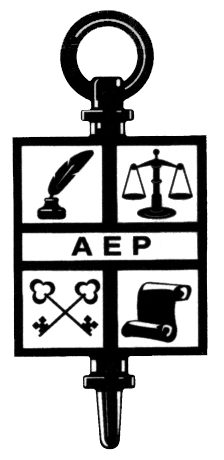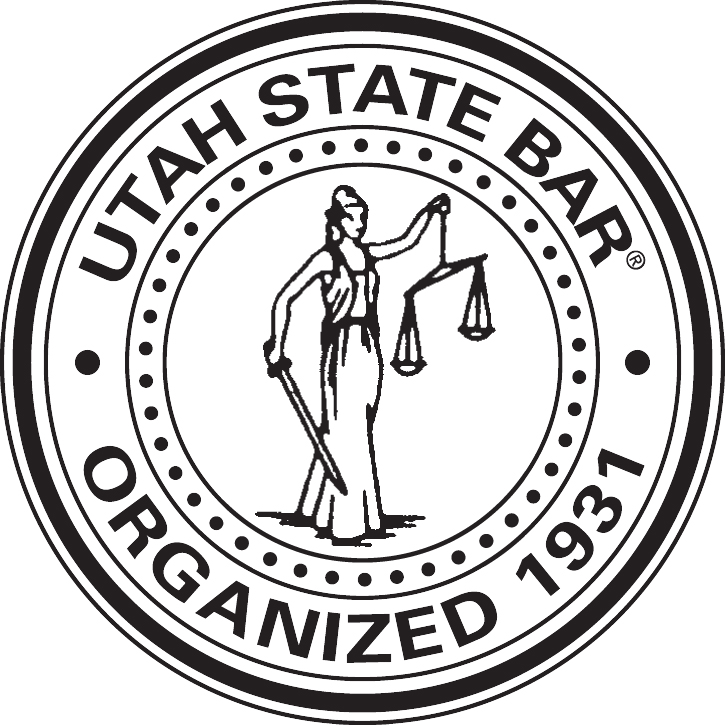Can a Community Property Trust Save You Taxes
When it comes to your family’s legacy, every dollar you can save from tax collection counts. One way to keep your assets out of the hands of the IRS is the formation of a community property trust.
Why Establish A Community Property Trust
The short answer is it can save a married couple substantial capital gains taxes on highly-appreciated property (e.g. stock, real property, business interests) sold after the first spouse dies. All the assets in a community property trust are eligible for a step-up in their tax basis on the death of the first spouse, whereas, in a typical Utah revocable trust, only one-half of joint assets are eligible for a step-up in basis when the first spouse dies. If all (versus ½) of the assets in the community property trust receive a step-up in their basis when the first spouse dies, then the surviving spouse can save capital gains taxes if he or she sells the assets after the death of the first spouse.
Example
John and Mary, Utah residents, purchased shares of stock in a company many years ago for $100,000. They form a community property trust and place the stock into the trust. John subsequently dies. The stock is worth $1,100,000 at the time of John’s death. Mary sells the stock shortly after John dies.
Without a Community Property Trust: Assuming the stock was owned either in a joint brokerage account or held jointly in a typical Utah revocable trust, Mary would pay approximately $75,000 in capital gains taxes when she sold the stock. (This assumes a 15% long-term capital gains tax rate.)
With a Community Property Trust: Mary would pay no capital gains taxes on the sale of the stock if it had not appreciated since the time of John’s death. If it had appreciated since John’s death, she would only pay capital gains taxes on the difference between the sale value and the value on the date of John’s death – a value much less than without a community property trust.
How It Works
A married couple can establish a joint revocable trust under the laws of a community property state that allows couples to “opt-in” to community property classification (typically Alaska or Tennessee). Property placed in this trust is considered Community Property. When property is classified as “Community Property,” then the basis of all the “Community Property” is reset to the value of the property when the first spouse dies. Therefore, the value of the property when the first spouse dies, becomes the new basis in the property for the purpose of calculating future capital gains taxes and depreciation. If the surviving spouse sells the property after the death of the first spouse, the surviving spouse can save substantial capital gains taxes on appreciated property because of this basis reset.
When Does a Community Property Trust Make Sense
While a Community Property trust can provide substantial tax savings if a couple has highly appreciated property/assets, it isn’t right for every couple. When property is placed in a Community Property trust it will be subject to division if a divorce occurs and can be subject to the debts of both the husband and the wife. Also, the likely savings must exceed the cost to set up the trust and the fees paid to the trustee in the community property state. Therefore, these type of trusts generally make sense in the following circumstances:
- You are in a long-term, stable marriage;
- You own (or your spouse owns) highly appreciated property, stocks, real estate or business interests;
- Your financial portfolio (or that of your spouse) is over-weighted in one or two stocks that you or your spouse do not want to sell because of exposure to capital gains tax;
- You or your spouse have rental real estate that the other does not want to manage;
- You are older or you or your spouse has a reduced life expectancy.
In the right circumstances, a Community Property trust can provide substantial tax savings. To see if a Community Property trust is right for you, please call (801) 407-6538 to schedule a consultation.







